Case Study Analysis: Healthcare Risk, Intervention, and Legal Issues
VerifiedAdded on 2022/10/15
|5
|983
|303
Homework Assignment
AI Summary
This assignment analyzes a healthcare case study involving a young mother, Lucinda, facing challenges related to family support, mental health, and legal considerations. The Q&A addresses the main risk area, which is the lack of a support system to cope with family issues, leading to Lucinda leaving her studies and experiencing depression and fear. The intervention strategies proposed include a community nurse for prenatal care and a child daycare to support Lucinda's well-being and enable her to continue her studies. The assignment also discusses the need for Cognitive Behavioral Therapy (CBT) to treat Lucinda's mental health concerns. Finally, it outlines two crucial legal issues for nurses: confidentiality and maintaining appropriate professional relationships. The assignment provides a comprehensive overview of the case, offering insights into healthcare interventions and legal considerations within a family context.
1 out of 5
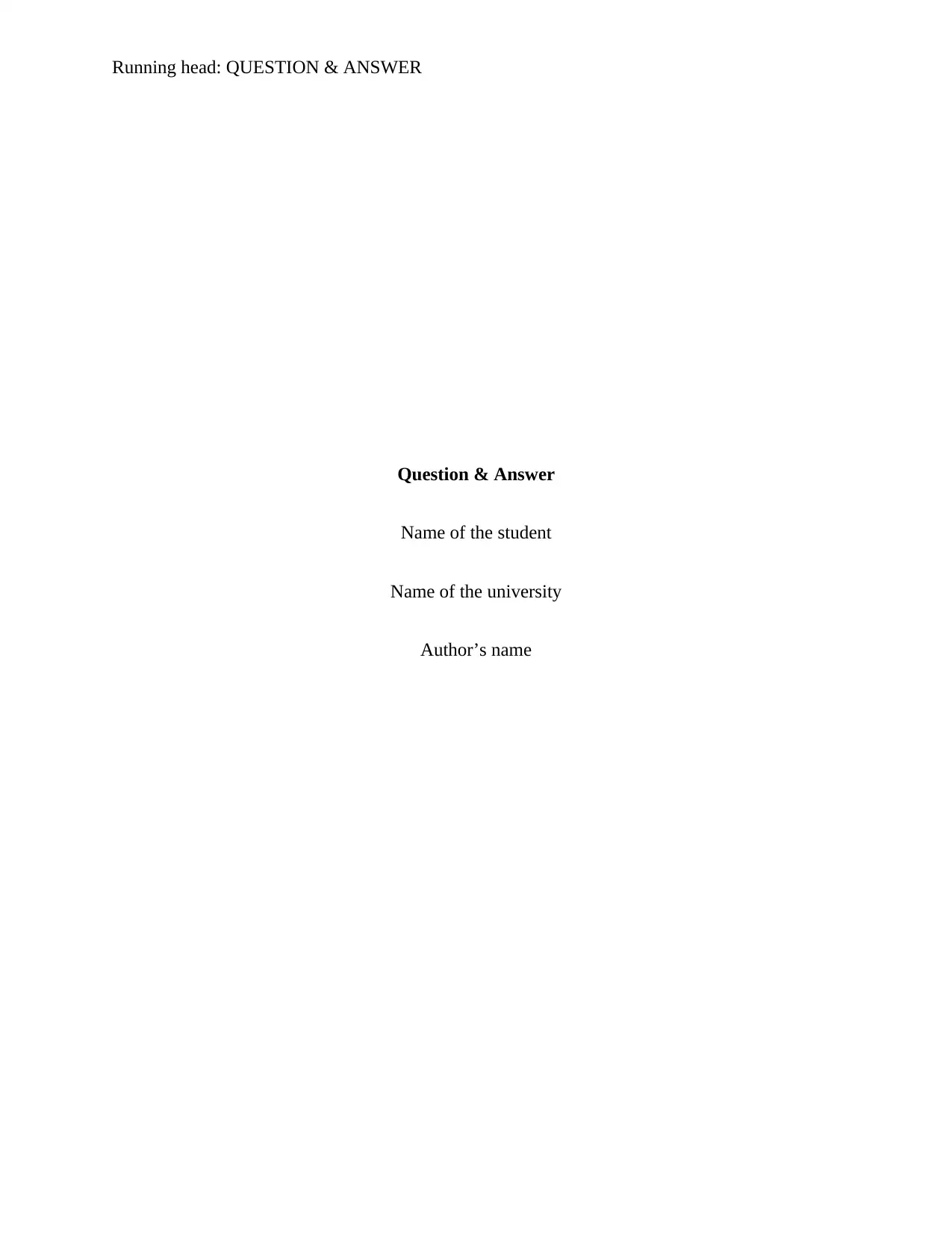
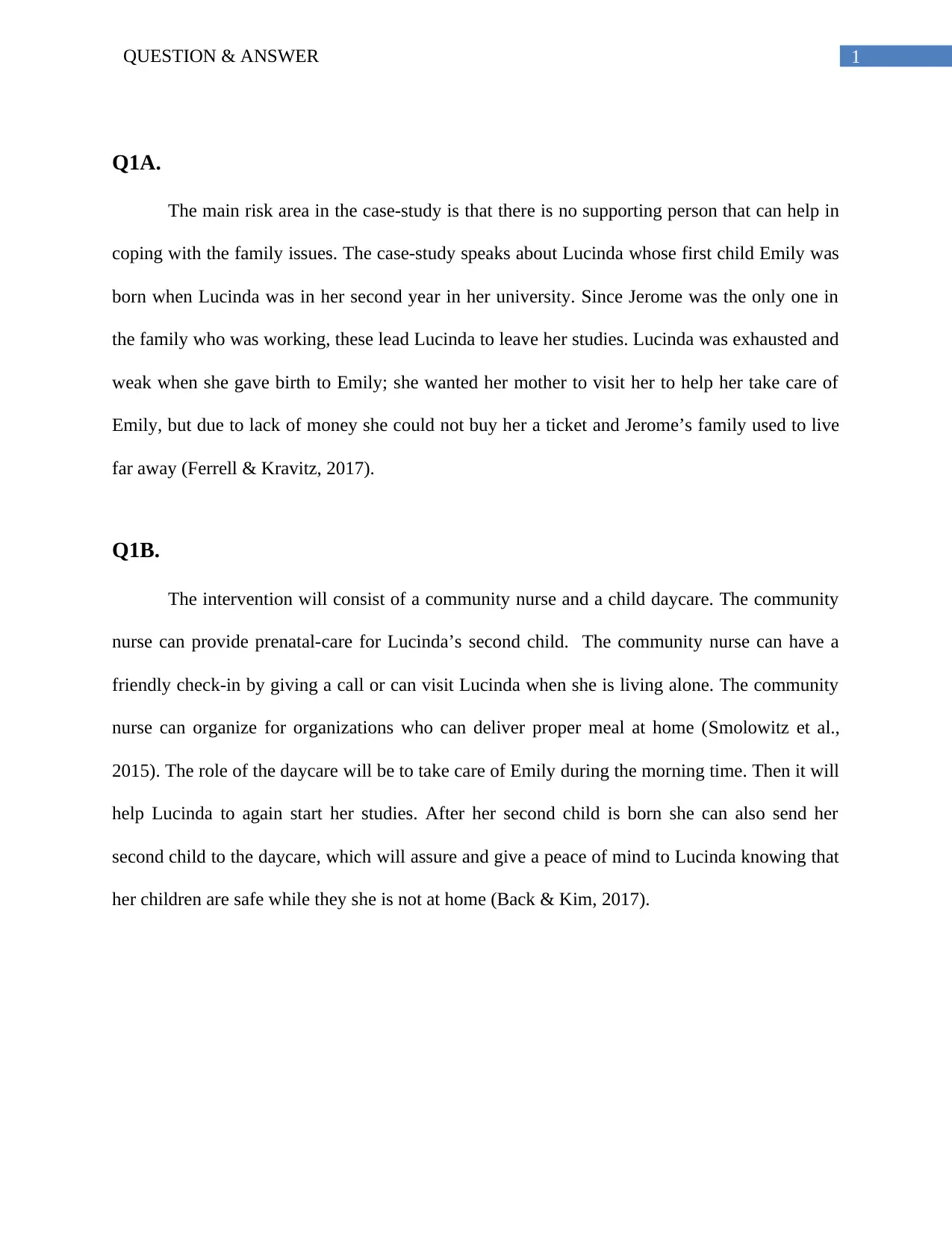
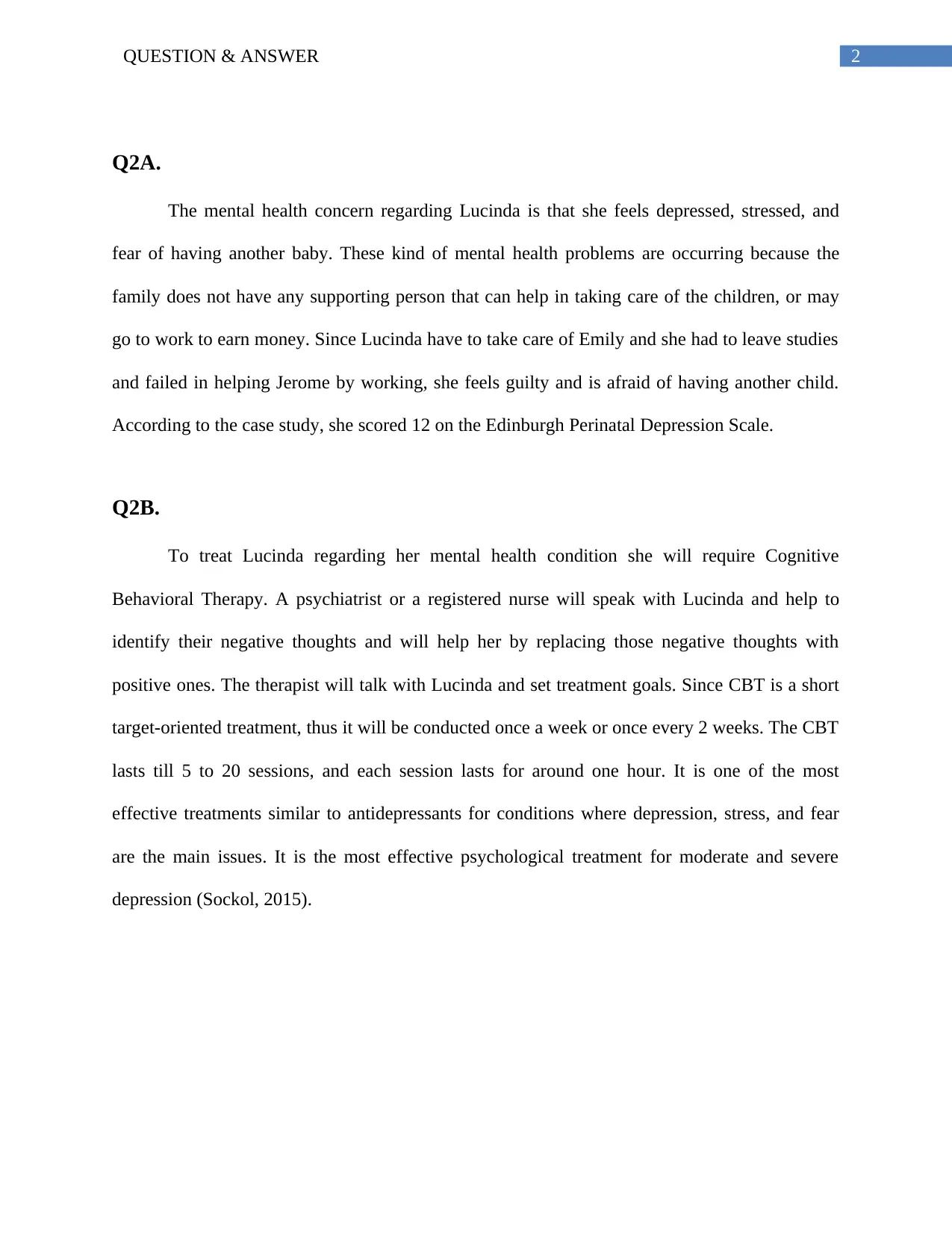

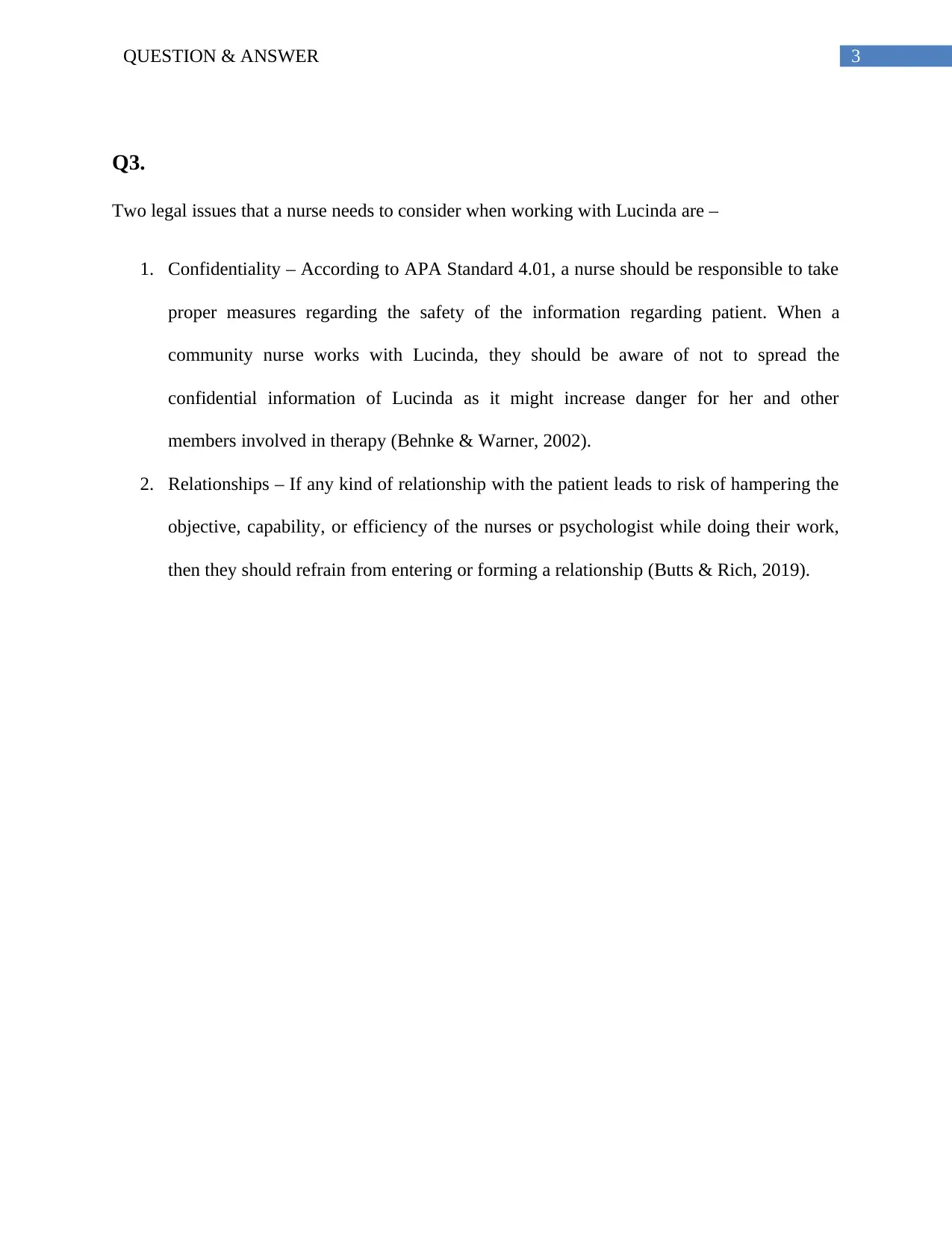
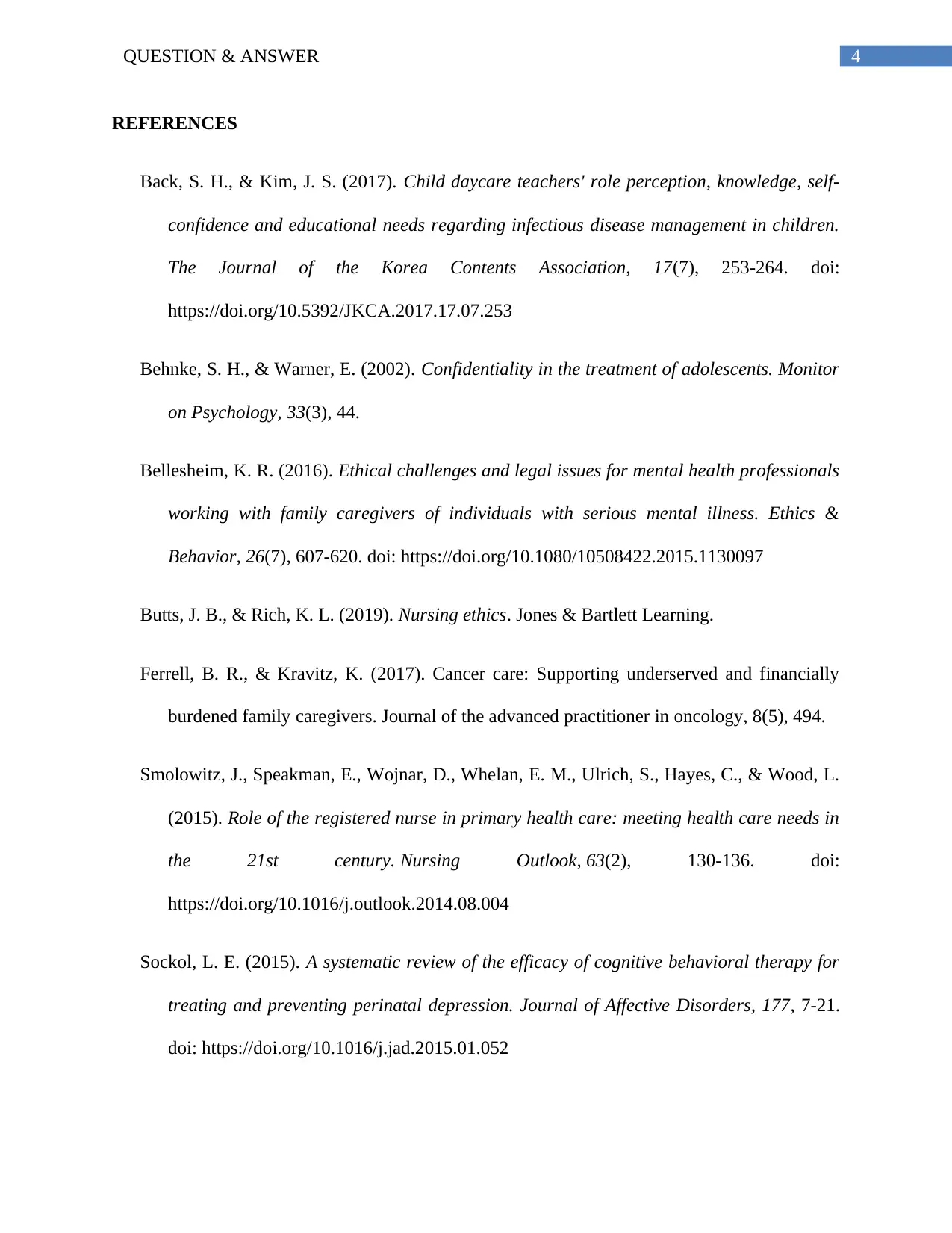






![[object Object]](/_next/static/media/star-bottom.7253800d.svg)